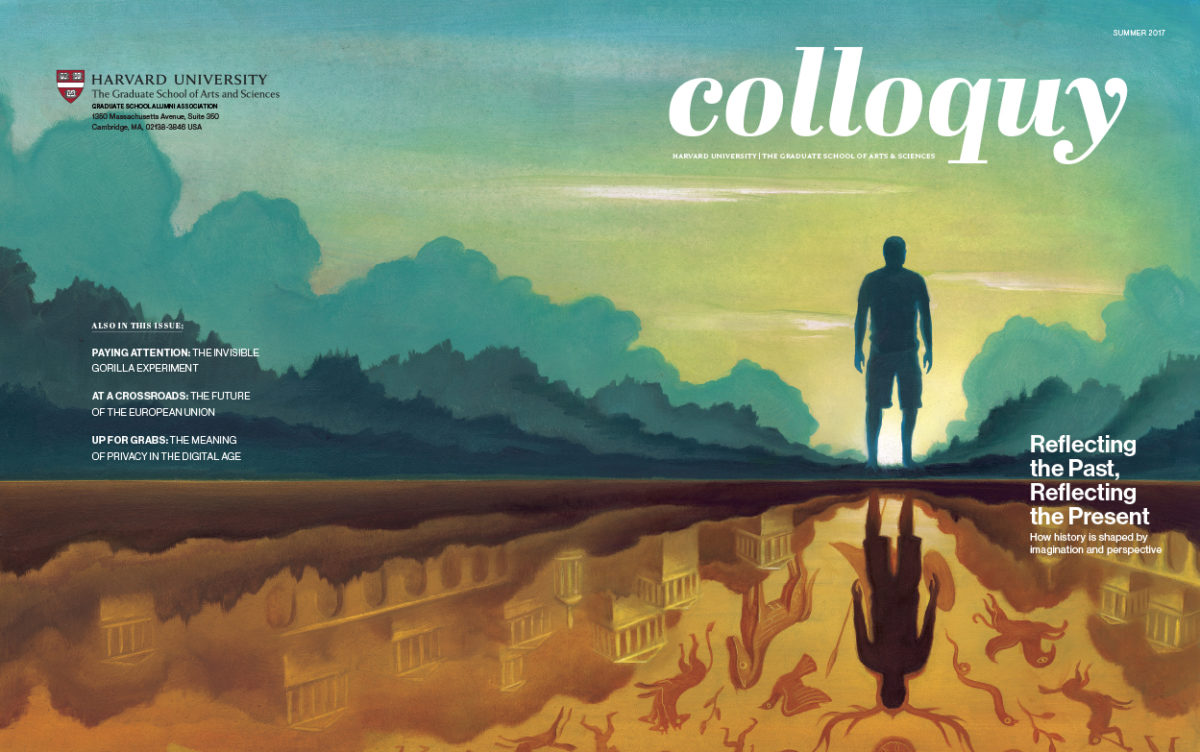

To reach its goals, we must work together to advance equally all the rights the Universal Declaration declares. We must draw on the inspiration of the individuals who joined together to produce one of the great documents of our human history. Though the Declaration today is our common proclamation of human rights, it has not yet become our common call to action. The 50th anniversary motto - "all human rights for all" expresses the challenge which we face as we approach a new century. But what is new is that the framework provided by the international organizations brings together not just States as the main subjects in this legal order, but also other leading actors in international society which have proved very effective when it comes to codifying the international rules necessary for the recognition and subsequent application of human rights in international law. These tasks were greatly facilitated by the development of a close-knit network of international intergovernmental organizations, especially the UnitedNations, but also its specialized agencies and regional international organizations, which offered the international community a new institutional framework for the development of cooperation among States. We now see with greater clarity that the rights enshrined in the Universal Declaration as the birth-right of each human being are also the unifying principles which should inform every strategic action of the United Nations - from sustainable development to peace and security, from humanitarian assistance to democracy and peace. Thus what started its existence as a solemn but non-binding proclamation of rights and freedoms has, at least in some respects, acquired through state practice the status of universal law. Many of the provisions of the Declaration have become part of customary international law, which is binding on all states whether or not they are signatories to one or more multilateral conventions concerning human rights. Its provisions have supplied countless reference points for national courts, parliaments, governments, lawyers and non-governmental organizations, proof that the Universal Declaration speaks to our diverse world. It has extended its reach to all parts of the world and has served as a model for domestic constitutions and laws, regulations and policies, and practices of governance that protect human rights. Indeed, the European Convention itself was envisaged as a way to translate the Declaration into a binding instrument at the European level. Written in the present tense the Declaration has continually given its message new life. The Universal Declaration of Human Rights has the great merit of being the first worldwide legal instrument to gather together a set of principles embodying the fundamental rights and freedoms of the human being, recognized by the international community and based on the dignity and equality of the human race. But more important, these events challenge us, whether in the United Nations, in Regional Organizations such as the Council of Europe, in governments or non-governmental entities, to recommit ourselves to the work still to be done to ensure that human rights truly become a reality in the lives of people everywhere. These inter-related events present us with the opportunity to reflect on the international efforts to promote and protect human rights. We must not forget that 1998 also marks the stock taking review of the Vienna Declaration and Programme of Action. We are gathered to mark the 50 years that have elapsed since the adoption of the Universal Declaration of Human Rights and to envisage possible future action.

At that time I urged that the greatest challenge - the greatest failure - was to address gross violations of human rights. At the time, I noted the support for creating the Office of the United Nations High Commissioner for Human Rights, but had no inkling that a few years later I would fill this position and embark on one of the most challenging experiences of my life. A few years ago, I served - for my sins - as General Rapporteur of the Inter-regional preparatory meeting hosted by the Council of Europe for the World Conference on Human Rights.


 0 kommentar(er)
0 kommentar(er)
